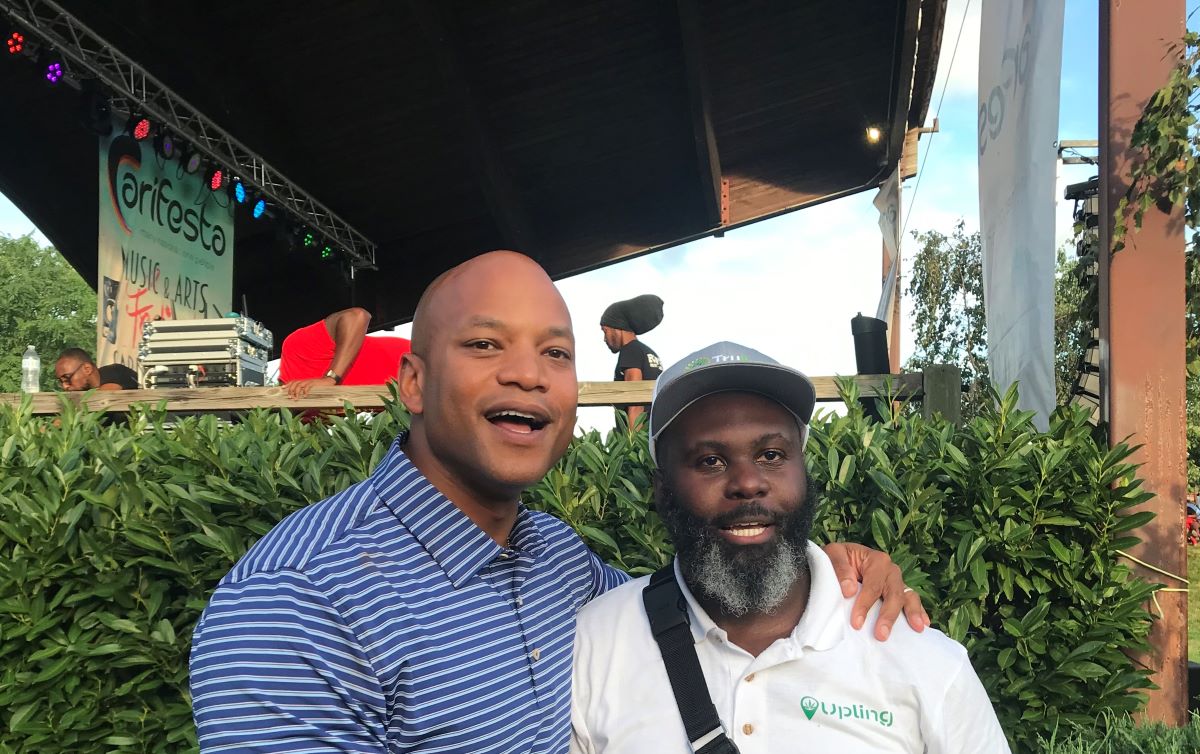Maryland Gov. Wes Moore’s momentous decision to pardon nearly 175,000 marijuana-related offenses isn’t just a step towards rectifying past injustices. It’s also a significant opportunity to redefine our workforce and community dynamics.
One of the largest such acts of clemency in the US to date, the sweeping move is expected to affect the records of up to 100,000 individuals.
“No Marylander should face barriers to housing, employment, or education based on convictions for conduct that is no longer illegal,” Moore said about Monday’s historic order.
That’s a lot of people who’ll suddenly be eligible for all kinds of jobs previously inaccessible to them — and they’ll likely make great workers. I know, because empowering returning citizens through employment is baked into the mission of Upling, my Maryland-based cannabis delivery company.
Hiring returning citizens is a good business tactic for several reasons.
In a tight job market, this group presents a wealth of untapped talent, one that’s full of resilience and determination. Their unique life experiences bring fresh perspectives and innovative problem-solving skills, which can drive business growth and innovation.
Actively hiring returning citizens can enhance a company’s reputation, attracting customers, investors and partnersColin Fraser Upling
Speaking from experience — as both a worker and a startup founder/CEO — people who’ve been given a second chance are often highly motivated and loyal employees. They appreciate the opportunity to rebuild their lives and are dedicated to contributing positively to the organization that believed in them.
Actively hiring returning citizens also demonstrates a commitment to social responsibility and justice, which can enhance a company’s reputation, attracting customers, investors and partners who value ethical business practices.
Lastly, employing returning citizens helps stimulate local economies. Beyond the obvious — that it provides jobs and thereby increases consumer spending power — it helps reduce recidivism, lowering costs associated with incarceration and welfare. This is a way for businesses to really give back and be part of the civic fabric of their communities.

Providing a support system is key
To be clear, Moore’s pardons aren’t getting anyone out of jail. These people, enough Marylanders to overflow a football stadium, are already part of our community.
They’ve just been living with a mark against them, for things that are now widely decriminalized across 24 states, two US territories and the District of Columbia: Over 150,000 of the pardons are for misdemeanor convictions for simple cannabis possession, according to the governor’s office.
The pardons will be marked electronically on each court docket over the next two weeks, according to Moore’s office, but it could take up to 10 months to develop a process to show that an offense has been pardoned on someone’s criminal record.
As seamless as Maryland has made this process — automatically pulling records for the past four decades, instead of forcing each person to apply for clemency separately — it’s still not a walk in the park.
At Upling, we pair returning citizens with experienced mentors who provide guidance, support and encouragement, helping build both technical and soft skills. Our employees have access to ongoing training opportunities, workshops and certifications that keep them updated with industry trends and advancements. This approach not only benefits our business, it also has a ripple effect of positivity throughout our society.
By hiring returning citizens and integrating them into the tech and cannabis industries, we are creating a more inclusive and equitable Maryland.







